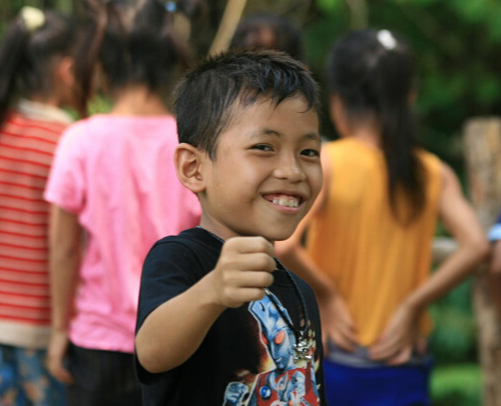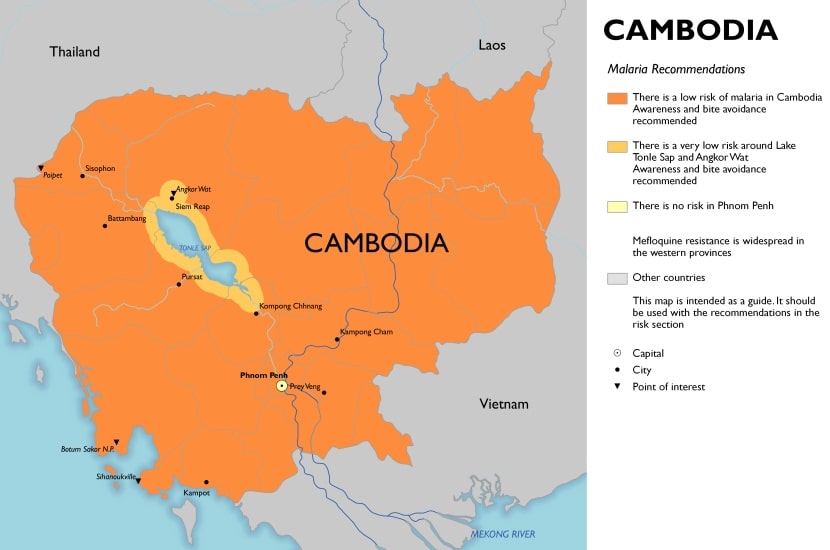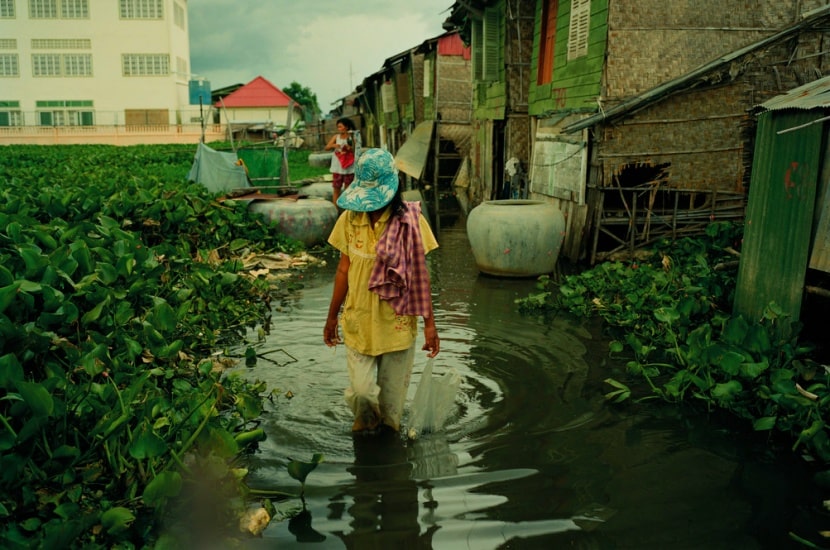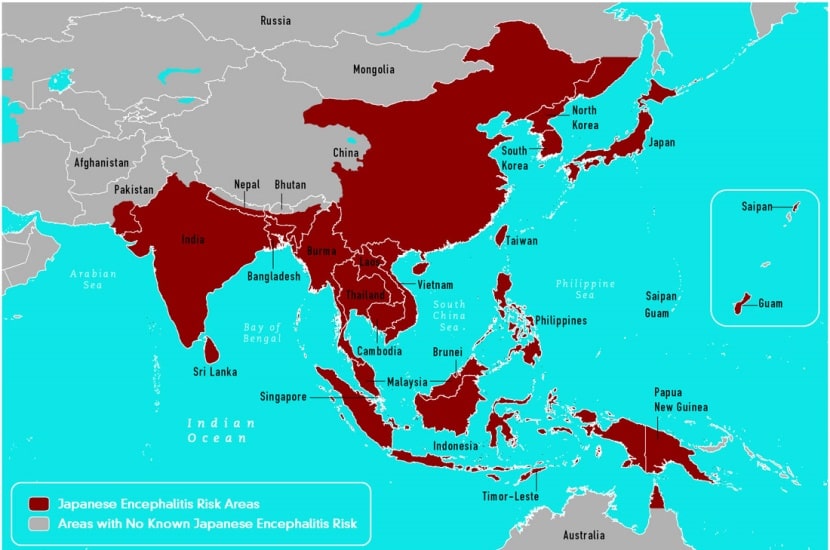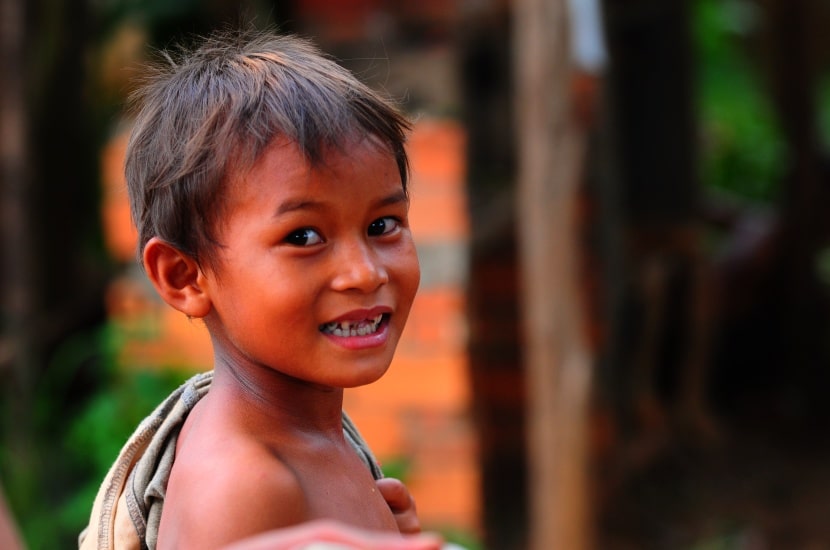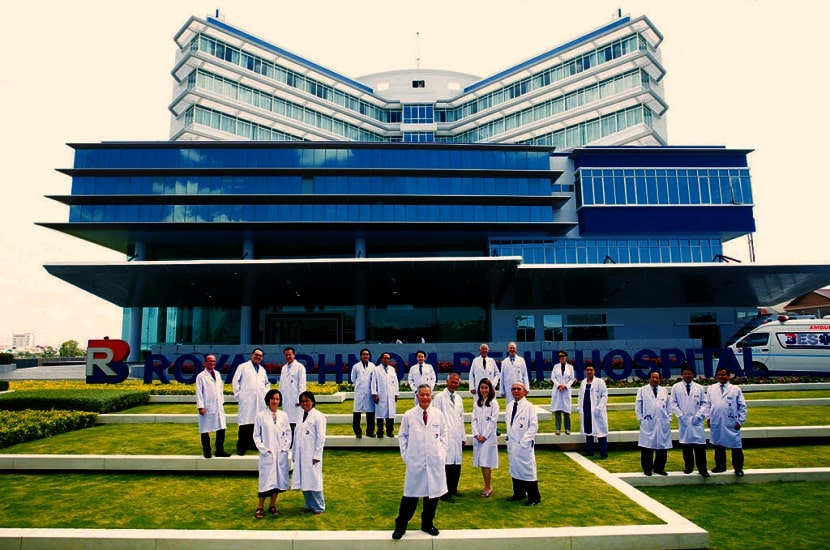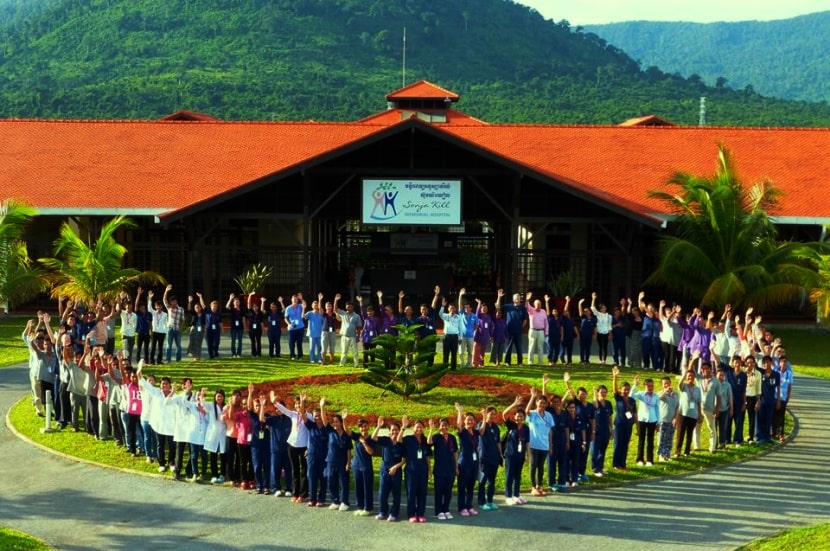Fully vaccinated travelers are less likely to get and spread COVID-19. However, international travel poses additional risks, and even fully vaccinated travelers might be at increased risk for getting and possibly spreading some COVID-19 variants.
Do not travel internationally until you are fully vaccinated. If you are not fully vaccinated, there are additional recommendations to follow before, during, and after travel.
Before You Travel Internationally
Make sure to plan ahead:
Follow all airline requirements as well as any requirements at your destination, including mask wearing, proof of vaccination, testing, or quarantine. Requirements may differ from your country's requirements. If you do not follow your destination’s requirements, you may be denied entry and required to return to your country of origin.
Testing (RECOMMENDED)
If you are not fully vaccinated, get tested with a viral test 1–3 days before your trip.
Do NOT travel if…
- You have been exposed to COVID-19 unless you are fully vaccinated or recovered from COVID-19 in the past 90 days.
- You are sick.
- You tested positive for COVID-19 and haven't ended isolation.
- You are waiting for results of a COVID-19 test.
- Learn what to do in each of these situations and when it is safe for you to travel if you or your travel companion may have COVID-19.
During Travel
Masks (REQUIRED)
Wearing a mask over your nose and mouth is required in indoor areas of public transportation (including on airplanes) traveling into, within, or out of Cambodia and indoors in Cambodia's transportation hubs (including airports).
Protect Yourself and Others (RECOMMENDED)
Follow all recommendations and requirements at your destination, including wearing a mask and staying 6 feet (2 meters) apart from anyone who did not travel with you.
Wash your hands often with soap and water or use hand sanitizer with at least 60% alcohol.
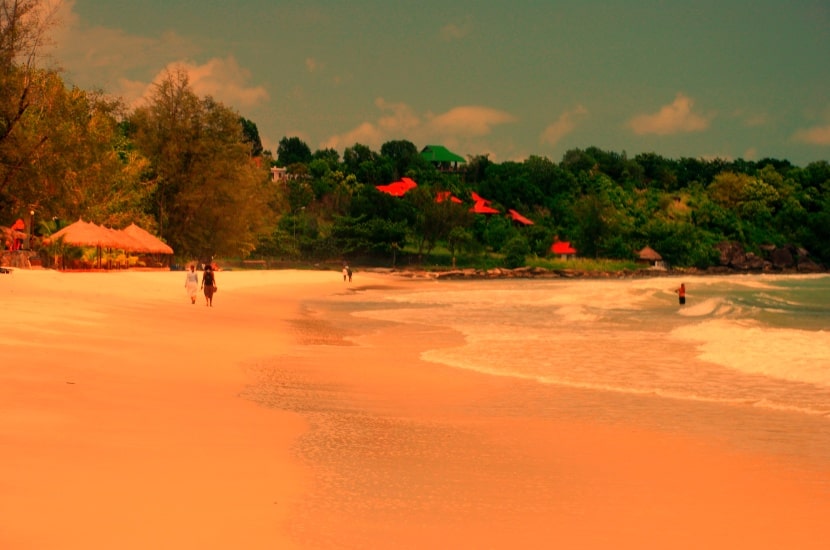
You will find below more detail about the popular diseases in Cambodia and the recommended vaccines that you should have before traveling to the country.


